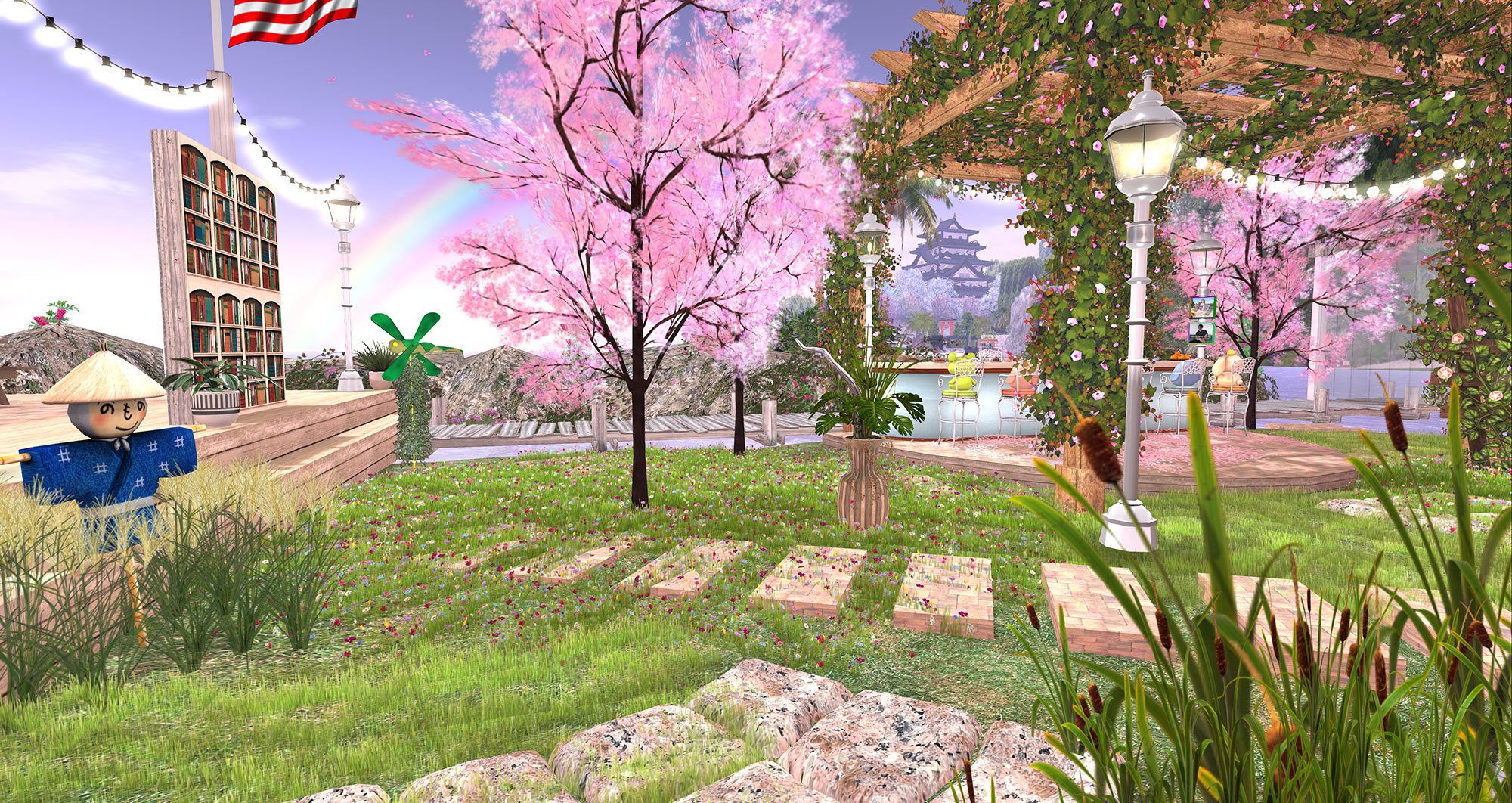Larry: Did you watch the Olympics last night?
Kristie: No, I missed it. What event was on last night?
Larry: Beach volleyball, tennis, and basketball.
Kristie: Ohhh, tennis? Who was playing?
Larry: Germany and Peru.
Kristie: Who won?
Larry: It was close, but Peru won.
Kristie: Oohhh…I was rooting for Germany.
Larry: Germany won beach volleyball.
Kristie: Oh, that’s great! Do you know when gymnastics comes on?
Larry: Yeah, on Thursday.
Kristie: I’ll be sure not to miss it.
Larry: Yeah, let’s watch it together.
Kristie: Great!
英会話 – What’s your sign?
Bobby: Hey Kelly, what’s your sign?
Kelly: I was born in August, so I am a Virgo.
Bobby: I can tell! You are very strong and independent, but also stubborn.
Kelly: Oh, I don’t believe in that, do you?
Bobby: Sure, I am a Taurus and I fit the description perfectly.
Kelly: Astrology is stupid.
Bobby: I think that there is some truth to it.
Kelly: Let’s ask our friend and see what they think!
Bobby: Ok!
英会話 – My Favorite Film
Frances: Hi Jim.
Jim: Hi Frances.
Frances: What did you do this weekend, Jim?
Jim: I saw a movie with my friends.
Frances: What movie did you see?
Jim: I saw “Finding Nemo”.
Frances: Did you like the film?
Jim: Yes, I liked it. What is your favorite film, Frances?
Frances: My favorite film is “The Lion King”. It takes place in Africa.
Jim: Isn’t Africa very hot?
Frances: Yes, Africa is very hot because it’s located near the equator.
Jim: Have you been to Africa?
Frances: No, but I would like to go to Africa.
Jim: Goodbye, Frances.
Frances: Goodbye, Jim.
英会話 – Film Discussion
James: Tom, have you seen the new film, “Basketball Life”?
Tom: Yes, I did see this film at the movie theater. Have you seen it, James?
James: No, I haven’t seen this film. Did you like it?
Tom: No, I did not think the film was very good. I would not recommend it to my friends.
James: Why not?
Tom: Well, it was not interesting and I did not like the story. I would recommend the movie, “Football Games” if you want to see good sports.
James: Thank you for the recommendation! I will watch “Football Games” with my friends this weekend.
Top 10 Everyday Onomatopoeias
An onomatopoeia is a word that imitates or suggests the sound it describes. It is a literary device used to create a vivid and sensory description of a sound, often used in poetry and prose to create an immersive experience for the reader.
オノマトペとは、その音を模倣したり、それを表現する言葉のことです。これは、音の生々しい描写を作り出すために用いられる文学的な手法であり、しばしば詩や散文で使用され、読者に没入感を与えるために用いられます。
Here are some often-used onomatopoeias.
ここでは、よく使われるオノマトペを紹介します。
英語・English
- Bang – represents a loud noise or explosion, for example, a door slamming shut.
大きな音や爆発を表す。例えば、ドアがバタンと閉まる音。 - Buzz – represents a low, continuous humming or buzzing sound, for example, the sound of bees buzzing around flowers.
連続的に響く低いブンブンという音を表す。例えば、蜜蜂が花の周りをブンブン飛んでいる音。 - Hiss – represents a sharp, sibilant sound, often made by snakes or steam, for example, the sound of a kettle boiling.
鋭くシューという音を表す。主に蛇や蒸気から出る音に用いられる。例えば、やかんがシューと鳴っている音。 - Crack – represents a sharp sound of something breaking or snapping, for example, the sound of ice breaking.
何かが割れるか折れるような音を表す。例えば、氷が割れる音。 - Sizzle – represents the sound of something cooking or frying in hot oil, for example, the sound of bacon sizzling on a frying pan.
熱い油で何かを調理する時の音を表す。例えば、フライパンでベーコンがジュージューと音を立てる。 - Beep – represents a high-pitched, short sound, often made by electronic devices or cars, for example, the sound of a car horn.
電子機器や車などが出す、短く高い音を表す。例えば、車のクラクションの音。 - Whirr – represents a sound made by something spinning rapidly, for example, the sound of a fan spinning.
何かが高速に回転する時の音を表す。例えば、扇風機がブーンと回る音。 - Creak – represents a low, groaning sound, often made by old doors or floors, for example, the sound of a creaking door.
古いドアや床などが出す、低くグイグイいう音を表す。例えば、ドアがグイグイと音を立てる。 - Tick-tock – represents the sound of a clock or watch ticking, for example, the sound of a ticking clock.
時計の針が動く時の音を表す。例えば、置時計の針がカチカチと音を立てる。 - Splash – represents the sound of something falling or hitting water, for example, the sound of jumping into a pool.
何かが水面に落ちる音を表す。例えば、プールに飛び込む音。
日本語・Japanese
- ぴかぴか – 光る物を表す。例えば、太陽がぴかぴか輝いている。
pika pika – represents something shining, for example, the sun is shining brightly. - ごろごろ – 大きな音を表す。例えば、雷がごろごろと鳴っている。
gorogoro – represents a loud sound, for example, thunder is rumbling. - ざあざあ – 雨が強く降る音を表す。例えば、外でざあざあと雨が降っている。
zaa zaa – represents the sound of heavy rain, for example, it’s pouring outside. - くしゃくしゃ – 物が破られる音を表す。例えば、紙をくしゃくしゃと折る音がする。
kusha kusha – represents the sound of something being crushed or crumpled, for example, the sound of paper being crumpled. - ぐにゃぐにゃ – 柔らかいものが曲がる音を表す。例えば、布がぐにゃぐにゃと曲がる。
gunya gunya – represents the sound of something soft and flexible being bent or twisted, for example, the sound of cloth being twisted. - ぎりぎり – ギリギリの状況を表す。例えば、試験にぎりぎり合格した。
giri giri – represents a situation that is very close or almost failing, for example, barely passing an exam. - わくわく – ワクワクした感情を表す。例えば、旅行に行く前はわくわくする。
waku waku – represents the feeling of excitement or anticipation, for example, feeling excited before going on a trip. - ふわふわ – 軽いものが浮いている様子を表す。例えば、雪がふわふわと降っている。
fuwa fuwa – represents something light and fluffy floating in the air, for example, snow falling gently. - きらきら – 光が輝いている様子を表す。例えば、星がきらきらと輝いている。
kira kira – represents something shining and glittering, for example, stars twinkling in the sky. - むにゅむにゅ – 柔らかいものがぐにゃぐにゃとした感触を表す。例えば、クッションがむにゅむにゅとしている。
munyu munyu – represents the feeling of something soft and squishy, for example, a cushion feeling soft and squishy.
英会話 – What kind of art?
Two classmates talking.
Seth: Hey Marie, what kind of art do you like?
Marie: I like paintings and photography.
Seth: Are you a painter?
Marie: No, but I like to make collages.
Seth: That’s cool. I like photography too. I have a camera and I love taking pictures.
Marie: What do you take pictures of?
Seth: Mostly people, but sometimes buildings and nature.
Marie: Do you have any photos with you? I would like to see them.
Seth: No, sorry. Not here. I will bring them to school tomorrow.
Marie: Awesome! I can’t wait to see them!

